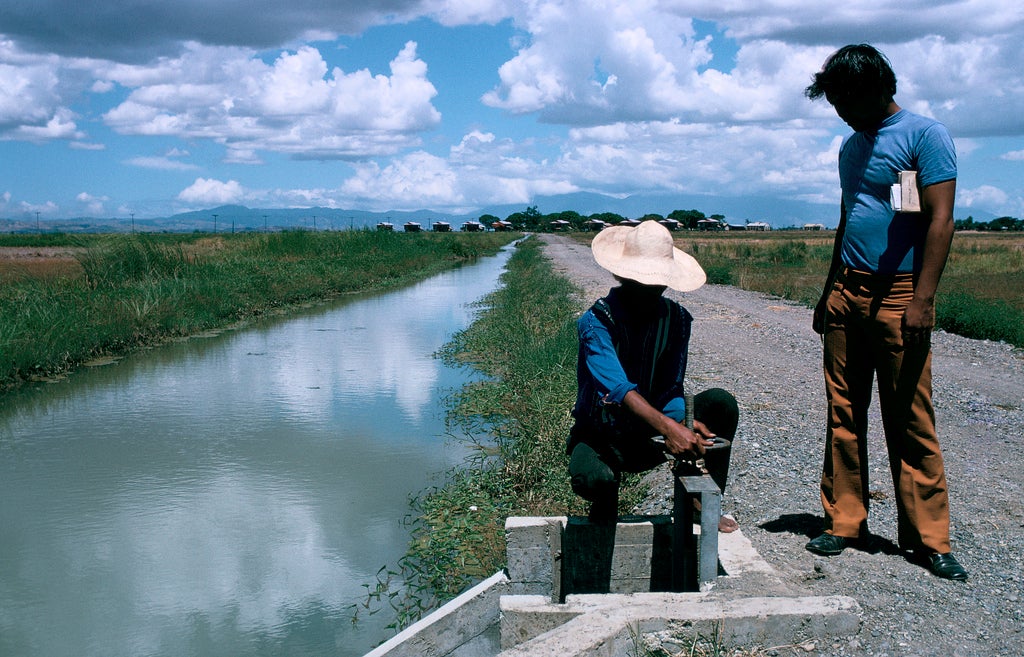 Headlines about climate change often focus on food scarcity, but the problems facing the irrigation sector – which is critical to our ability to feed the future – are usually too complex to make it into the news. For stakeholders in the sector, however, the challenges are all too clear. Growing investment needs in irrigation have highlighted what’s wrong with the system’s status quo , such as:
Headlines about climate change often focus on food scarcity, but the problems facing the irrigation sector – which is critical to our ability to feed the future – are usually too complex to make it into the news. For stakeholders in the sector, however, the challenges are all too clear. Growing investment needs in irrigation have highlighted what’s wrong with the system’s status quo , such as:
- High and increasing construction costs and poor production performance;
- Negative environmental impacts;
- Conflicted role of governments administering irrigation strategies;
- Scarcity of local budgets, resulting in a tradition of subsidized operations;
- Lack of technical expertise and capacity for designing and building systems, efficient operation and maintenance, and innovation and creativity in supplying to the changing demand;
- Low water charge and poor recovery rates; and
- Lack of access to infrastructure assets available to agribusiness corporations.
During Water Week, the World Bank also introduced a new irrigation toolkit to provide governments, public authorities, and other interested stakeholders with a practical guide on how to design and tender sustainable public-private partnerships (PPPs) in irrigation . Because the motivation for private sector participation in irrigation is the same as it would be in any other infrastructure project, the underlying goals for the PPP are the same: namely, that government will be able to use its resources more efficiently if the private sector can bring financial support, share risks, introduce technical expertise, enhance transparency, and ensure sustainability over the life of the project.
A shift in perspective
But developing a standard approach for introducing the private sector in irrigation, as the toolkit does, requires viewing irrigation as a sustainable venture. A shift in perspective – seeing it as a social good rather than a public good – opens the door to a better understanding of private sector involvement. Government is still involved, and the new toolkit outlines the most efficient way for this involvement to take place.
This toolkit on irrigation PPPs covers the areas standard to any PPP – the preparation, structuring, procurement, and implementation phases of the project – with a focus specific to the needs of the irrigation sector. Offerings include guidance on determining basic financial parameters that are required for the sustainable running and operation of irrigation projects through the use of a simple Excel-based tool. The toolkit also gathers the examples of private sector participation in irrigation products, analyzes these cases, and highlights the lessons that suggest best practice. PPIAF provided support for the production of this toolkit and especially background on the case studies, building on its work with a number of PPP activities in the irrigation sector.
Because affordability has different meanings to the various stakeholders in an irrigation PPP, the toolkit encourages readers to focus on what the way forward for irrigation PPPs might look like. In one section, for example, the toolkit explores the role of the State and what decentralization and integration with other value chains might look like. How do we get from here to there? That’s a climate change story worthy of the headlines.



Join the Conversation